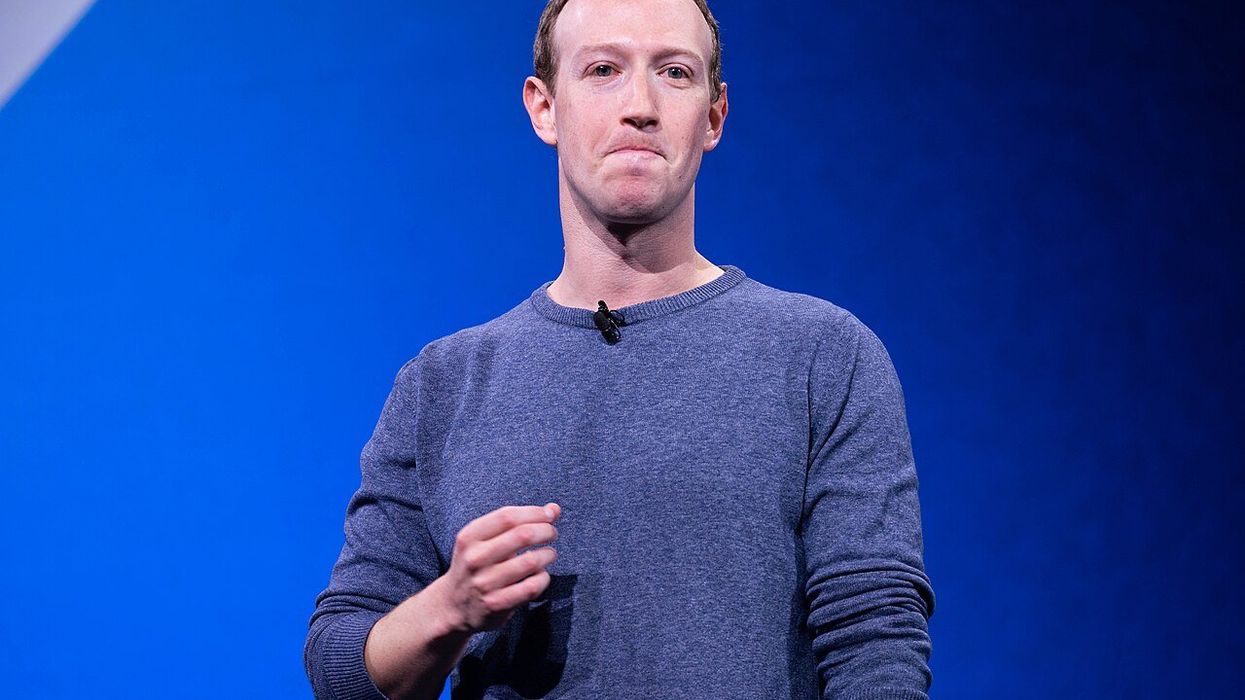'Technofascism': Why Silicon Valley’s 'reputation for liberalism' is 'often undeserved'


During Joe Biden's presidency, many right-wing media pundits accused Silicon Valley and the tech industry of having a bias against Donald Trump, Republicans and the MAGA movement.
But Elon Musk, owner of X (formerly Twitter), was a major donor to Trump's 2024 campaign. And after Trump won the election, some tech CEOs who had been critical of him in the past — including Facebook's Mark Zuckerberg and Amazon's Jeff Bezos — reached out to him. Zuckerberg and Bezos both attended Trump's inauguration on January 20.
In an article published by The Guardian on January 29, reporter Becca Lewis emphasizes that Silicon Valley's reputation for liberalism is "often undeserved."
READ MORE: 'Dangerous precedent': Bill criminalizing local votes draws outrage – even from Republicans
"An influential Silicon Valley publication runs a cover story lamenting the 'pussification' of tech," Lewis writes. "A major tech CEO lambasts a Black civil rights leader's calls for diversifying the tech workforce. Technologists rage against the 'PC police.' No, this isn't Silicon Valley in the age of MAGA. It's the tech industry of the 1990s, when observers first raised concerns about the right-wing bend of Silicon Valley and the potential for 'technofascism.'"
Lewis continues, "Despite the industry's often undeserved reputation for liberalism, its reactionary foundations were baked in almost from the beginning. As Silicon Valley enters a second Trump Administration, the gendered roots of its original reactionary movement offer insight into today's rightward turn."
The term "technofascism," Lewis notes, was used by journalist Michael Malone back in the 1990s.
At the time, many techies were arguing that technology and the internet would have a liberating effect. But Malone wrote, "Forget digital utopia. We could be headed for technofascism." And another writer, Paulina Borsook, believed that the tech industry had a patriarchal outlook that was "a little reminiscent of the early celebrants of Eurofascism from the 1930s."
READ MORE: 'An unthinkable attempt to erase the facts': GOP blocks resolution condemning Trump action
"Their voices were largely drowned out by the techno-enthusiasts of the time," Lewis explains, "but Malone and Borsook were pointing to a vision of Silicon Valley built around a reverence for unlimited male power — and a major pushback when that power was challenged. At the root of this reactionary thinking was a writer and public intellectual named George Gilder."
Lewis adds, "Gilder was one of Silicon Valley's most vocal evangelists, as well as a popular 'futurist' who forecasted coming technological trends…. Gilder was also a longtime social conservative who brought his politics to Silicon Valley."
Now, according to Lewis, the "Silicon Valley titans of 2025 are following the same blueprint" that Malone and Borsook warned about during the 1990s.
"Last week," Lewis observes, "Mark Zuckerberg announced that Meta was ending its DEI programs and changing its platform policies to allow more discriminatory and harassing posts…. Elon Musk has reshaped Twitter into X, a platform in large part operating as a response to claims of a 'woke mind virus' — the newest iteration of 'political correctness.'"
READ MORE: 'Left-wing narrative': OK schools chief accuses CNN host of 'gaslighting' on pro-Trump prayer video
Read The Guardian's full article at this link.